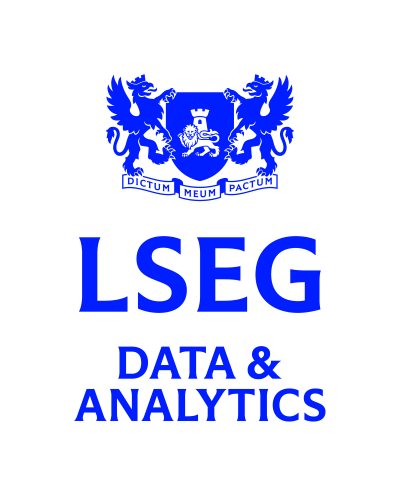Written by Blake Goud

Ethis Ventures, an Islamic crowdfunding company and one of last year’s Ethical Finance Innovation Challenge & Awards finalists, recently announced they had become a signatory of the UN Global Compact. Here’s why that matters.
The EFICA awards were developed to highlight all innovation that can support ethical finance whether it comes from an Islamic perspective, as Ethis Ventures does, or not. The UN Global Compact is a universal language for corporate responsibility. It is composed of a set of ten principles that signatories agree to incorporate into their business in order to build many ideas with universal appeal.
The UN Global Compact Principles can be broken down into four major areas: human rights, labor, environment and anti-corruption. They are built on the foundation of four UN treaties on these areas. In addition to the four treaty areas, the UN Global Compact also encourages work on other global goals including the Sustainable Development Goals in ways that encourage innovation and collaboration, something that Islamic finance and crowdfunding can both contribute
So far, of the 12,000 signatories (including over 9,000 businesses), there are no Islamic finance companies and few FinTech companies. This is a big gap because finance has a huge power to lead and transform and the specific approaches found in FinTech appeal most strongly to the Millennial generation which also looks for better sustainability in their consumption and financial activity.
If there is a universal appeal to sustainability, it should be reflected across society and across the financial system. Ethis, one of the pioneers in Islamic crowdfunding, may represent the start of more integration of sustainability in finance. It will be telling whether other ethical finance players follow their lead to show whether the next 5 years will see as much growth in ethical finance as the past 5 years have.

